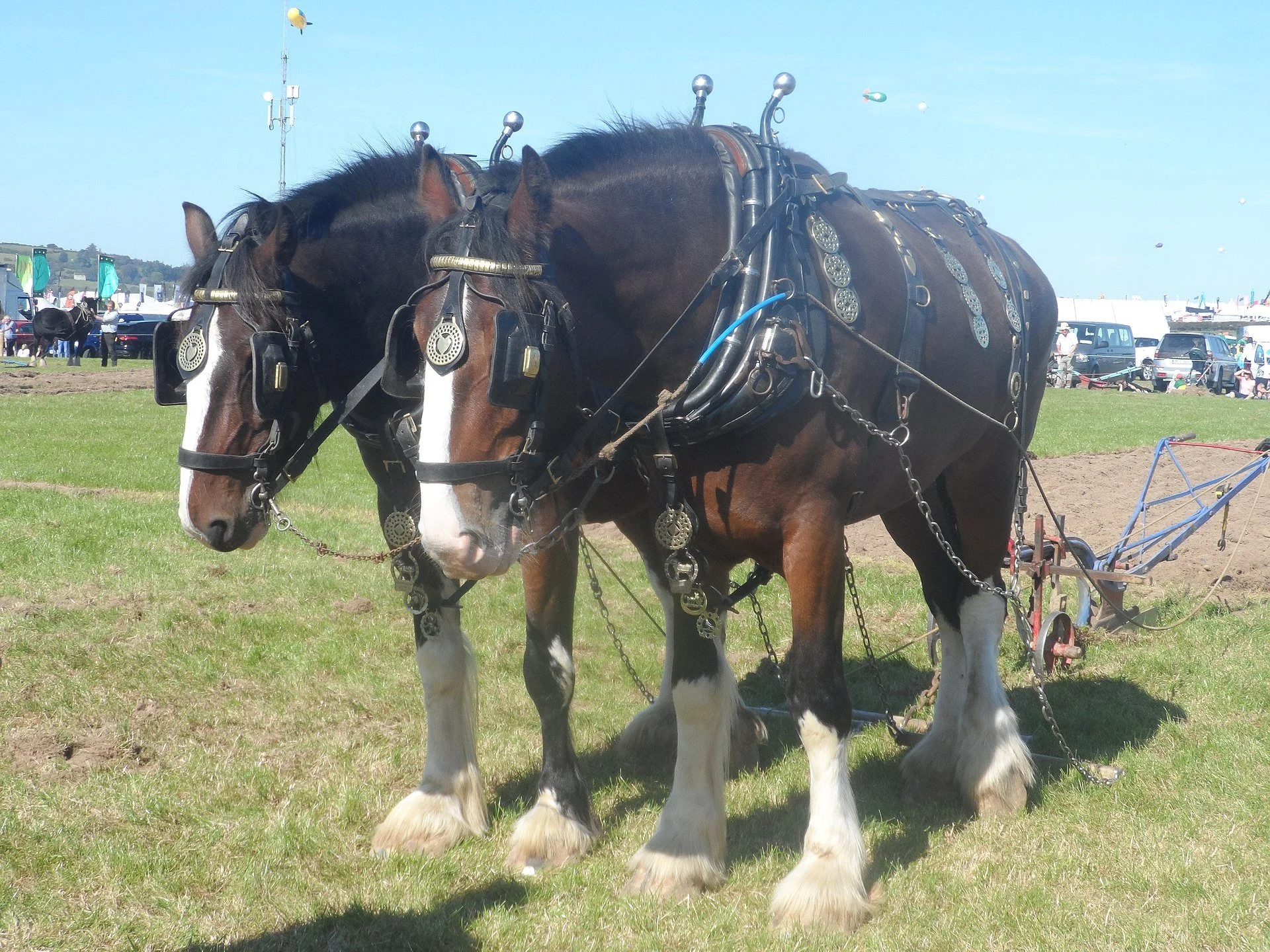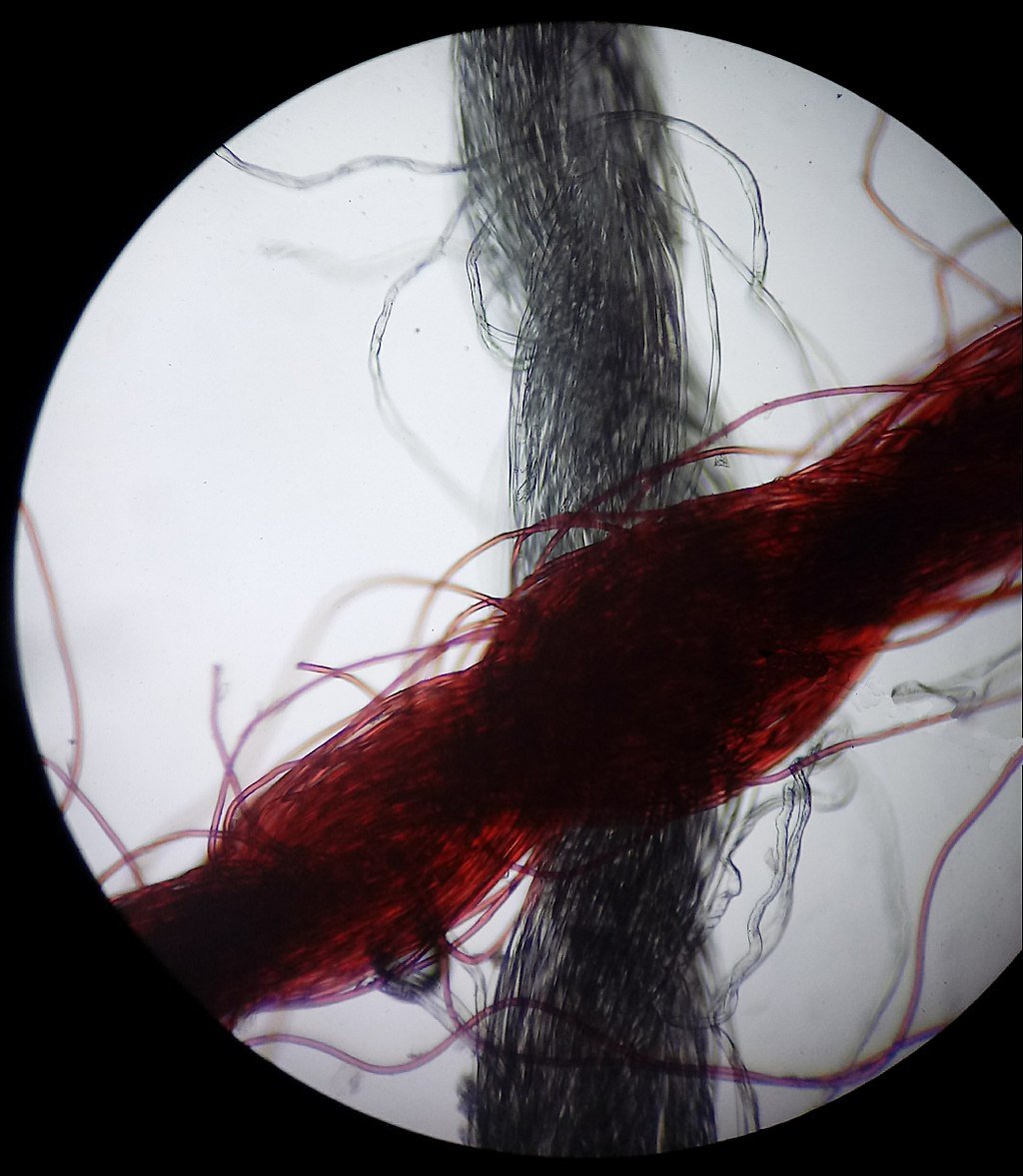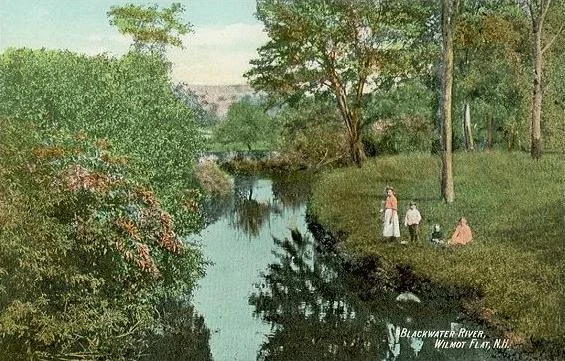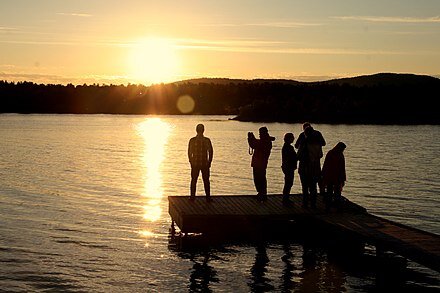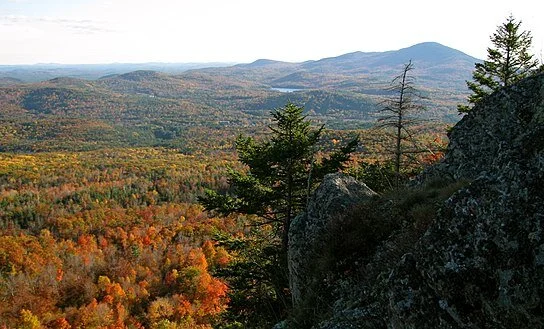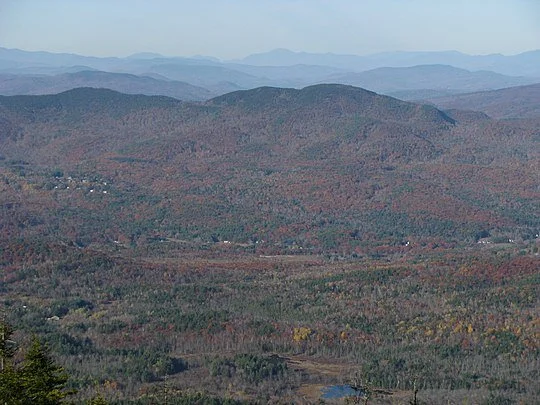
‘Old toilers, soil makers’
“For a hundred and fifty years, in the pasture of dead horses,
roots of pine trees pushed through the pale curves of your ribs,
yellow blossoms flourished above you in autumn, and in winter
frost heaved your bones in the ground – old toilers, soil makers….’’
— From “Names of Horses,’’ by Donald Hall (1928-2018), Wilmot, N.H.-based poet and essayist
To read the whole poem, please hit this link.
1910 image
It must have SOME use!
“A man was cleaning the attic of an old house in New England and he found a box that was full of tiny pieces of string. On the lid of the box there was an inscription in an old hand: ‘String too short to be saved.’’’
— Wilmot, N.H.-based poet and essayist Donald Hall (1928-2018) in String Too Short To Be Saved
Godine, the book’s publisher, notes:
“Donald Hall’s memoir of boyhood summers on his grandparents’ small New Hampshire farm has joined the pantheon of New England classics.
“Hall’s prose brims with limitless affection for the land and its people, but String Too Short to Be Saved it isn’t mere nostalgia. These are honest accounts about the passing of an agrarian culture, about how Hall’s grandparents aged and their farm became marginal until, finally, the cows were sold and the barn abandoned.
“But the story of Eagle Pond Farm continued when Hall returned in 1975 to live out the rest of his life in the house of memories and love and string too short to be saved.’’
Blackwater River in Wilmot, N.H., in 1910.
Straining through the winter
“All winter your brute shoulders strained against collars, padding
and steerhide over the ash hames, to haul
sledges of cordwood for drying through spring and summer,
for the Glenwood stove next winter, and for the simmering range.’’
— From “Names of Horses,’’ by Donald Hall (1928-2018), a U.S. poet laureate who spent his last decades at Eagle Pond Farm, in Wilmot, N.H. This poem is a reference to the horses used by his maternal grandparents at the farm.
'Like a dream of beauty'
View of Mt. Kearsarge, in Wilmot and Warner, N.H.
“We must admit, spring is annoying, summer is not ours, autumn is best — and winter is New England’s truesy weather.’’
— Donald Hall (1928-2018), poet and essayist, in Here at Eagle Pond, inspired by his life on his ancestral farm in Wilmot, N.H.
“When summer gathers up her robes of glory, and like a dream of beauty glides away.’’
— Sarah Helen Whitman (1803-1878) from her Poems. She was an American poet, essayist, transcendentalist, and a romantic interest of Edgar Allan Poe. She was born and died in Providence.
Still thirsting
“The grass resolves to grow again,
receiving the rain to that end,
but my disordered soul thirsts
after something it cannot name.’’
— From “August Rain, after Haying,’’ by Jane Kenyon (1947-1995), a poet who lived with her husband, Donald Hall (1928-2018), also a poet, in very rural Wilmot, N.H.
'Lives because it dies'
Ragged Mountain as seen from Mount Kearsarge, in central New Hampshire, where Donald Hall lived in the tiny town of Wilmot.
“Ragged Mountain was granite before Adam divided. Grass
lives because it dies. If weary of discord
we gaze heavenward through the same eye that looks at us,
vision makes light of contradiction:
granite is grass in the holy meadow of the soul’s repose.’’
— From “Granite and Grass,’’ by Donald Hall (1928-2018)
Returning to Eagle Pond Farm
Wilmot Baptist Church
“The last red leaves fall to the ground
and frost has blackened the herbs and asters
that grew beside the porch. The air
is still and cool, and the withered grass
lies flat in the field. A nuthatch spirals
down the rough trunk of the tree.’’
— From “Back from the City,’’ by Jane Kenyon (1947-1995). She was New Hampshire’s poet laureate at the time of her death, from leukemia. She was the wife of poet Donald Hall (1928-1918), who was the U.S. poet laureate in 2006-07.
They lived at Eagle Pond Farm, his ancestral home in Wilmot, N.H.
From the Wikipedia article on Wilmot:
“Mt. Kearsarge, elevation 2,931 feet (893 m) above sea level, on the southeastern border, is the highest point in town. Winslow State Park, at the northern foot of the mountain, provides access by two hiking trails to the summit. The state park and the Winslow Trail are named after Captain John Winslow, the commander of the USS Kearsarge, which in June 1864 sank the CSS Alabama in the English Channel in a famous Civil War sea battle.
“The town is the home of Camps Kenwood and Evergreen, on Eagle Pond.’’
Editor’s Note: I used to look forward to seeing the impressive-looking (for its modest height) bulk of Mt. Kearsarge on my way between home, near Boston, and college, at Dartmouth, in Hanover, N.H.
View of Mt. Kearsarge from The Bulkhead on Ragged Mountain. The summit of Kearsarge has remained bare since a 1796 forest fire.
Small-town N.H. place-lovers
"For more than a hundred years, anyone willing to leave this countryside has been rewarded for leaving it by more money, leisure, and creature comforts. A few may have stayed from fecklessness or lack of gumption; more have stayed from family feeling or homesickness; but most stay from love. I live among a population, extraordinary in our culture, that lives where it lives because it loves its place. We are self-selected place-lovers. There's no reason to live here except for love."
From Seasons at Eagle Pond, by Donald Hall, Wilmot, N.H.-based poet and essayist.
